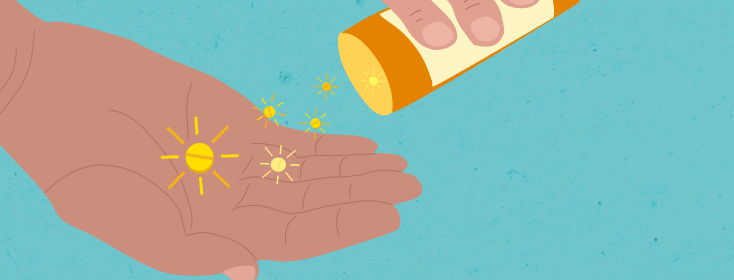Can Vitamin D Help Ease IBS Symptoms?
A few years ago, I started developing a chronic vitamin D deficiency. Often running dangerously low on my vitamin D levels, I have been taking daily vitamin D supplements for the better part of the past four years. Whether or not it's related, my IBS has been in remission for much of that time, with only the occasional flare.
IBS and vitamin D
I am unsure of what the correlation might be, but it does seem that those like me with chronic conditions, especially that impact the autoimmune system, tend to run low in vitamin D. Those with fibromlyagia (another chronic disorder I have been diagnosed with) especially tend to suffer from very low levels of vitamin D.1
This past summer, a new study found that vitamin D has some benefits for IBS patients. In particular, researchers from the Department of Oncology and Metabolism of the University of Sheffield in the United Kingdom found a high prevalence of vitamin D deficiency after analyzing all the available literature they had on the intersection of vitamin D and IBS. Specifically, the review found and scrutinized seven studies that had been published regarding IBS and vitamin D. Of these, four were observational studies and three were randomized controlled trials. All of the observational studies found that a significant percentage of the IBS population they studied had some sort of vitamin D deficiency. Additionally, two of the trials found that those with IBS symptoms experienced at least some relief, as well as an increase in their quality of life, when they started supplementing with vitamin D.2
Do you have a vitamin D deficiency?
While these findings may not be definitive, they are compelling. Vitamin D supplements are widely available and sold over-the-counter and are an easy and relatively low-risk thing to incorporate into one's daily routine. That being said, if you have IBS, you should first have your vitamin D levels formally checked via a blood test and see if you are deficient before you start supplementing willy nilly. If you are determined to have a deficiency (or in danger of developing one), you should then consult with your doctor about what dosage would be best for you before supplementing.
Do you or have you ever had a vitamin D deficiency? If so, did you find taking a daily supplement eased your IBS symptoms? Does it have other benefits as well? Answer in the comments section below.

Join the conversation